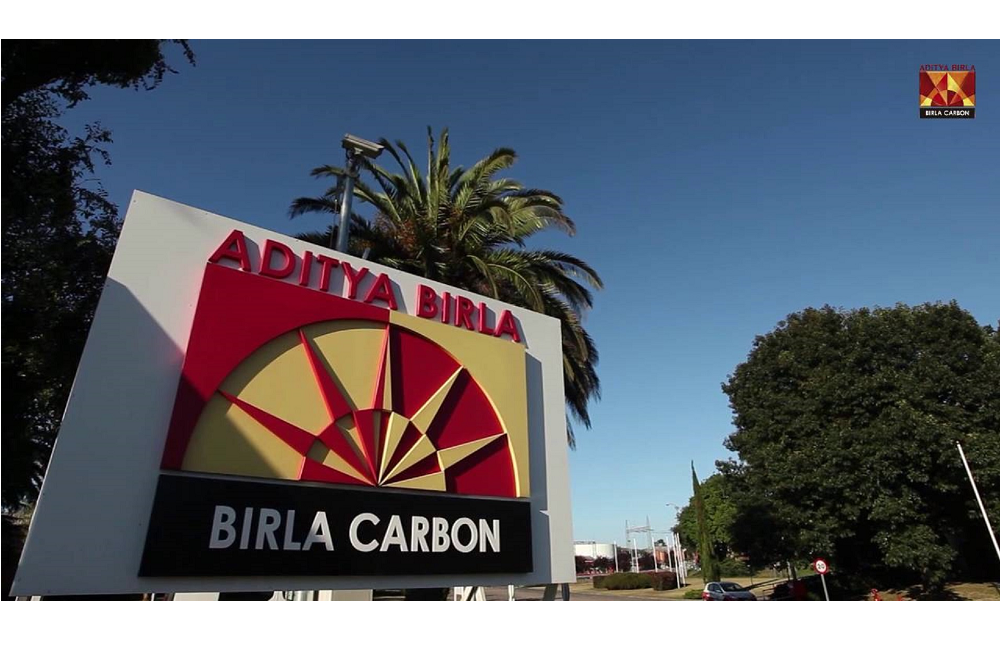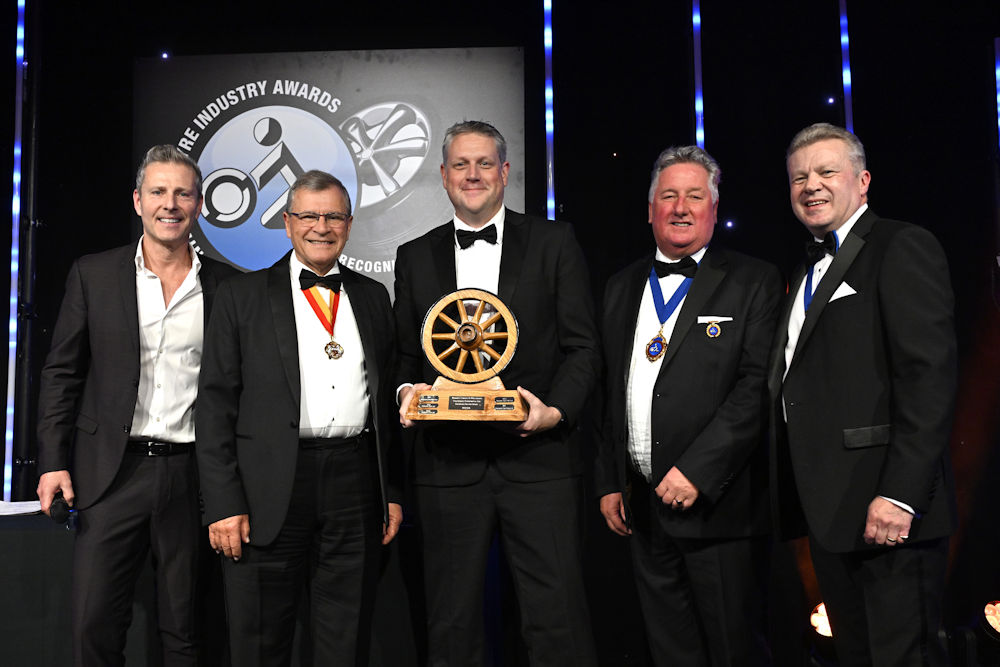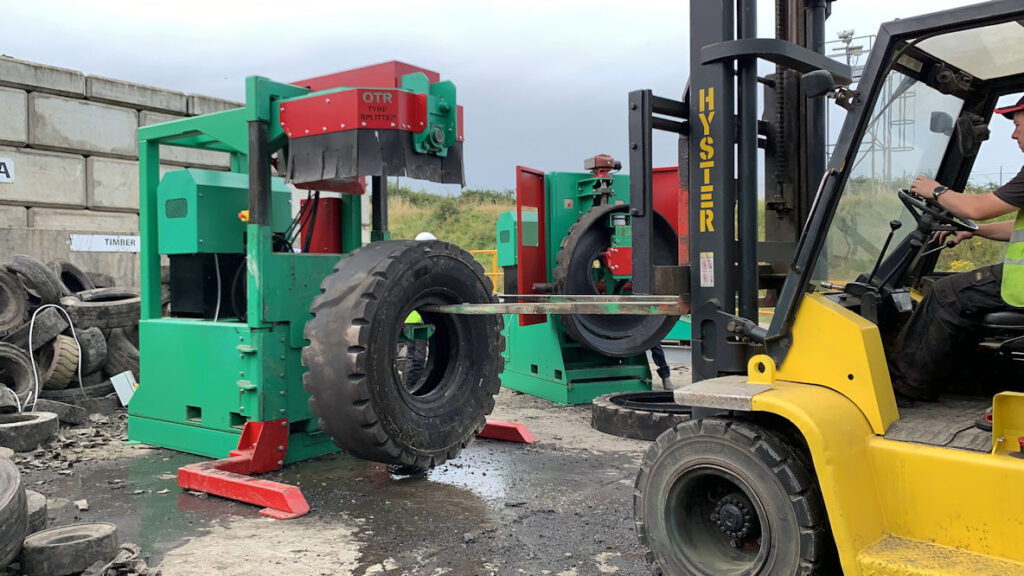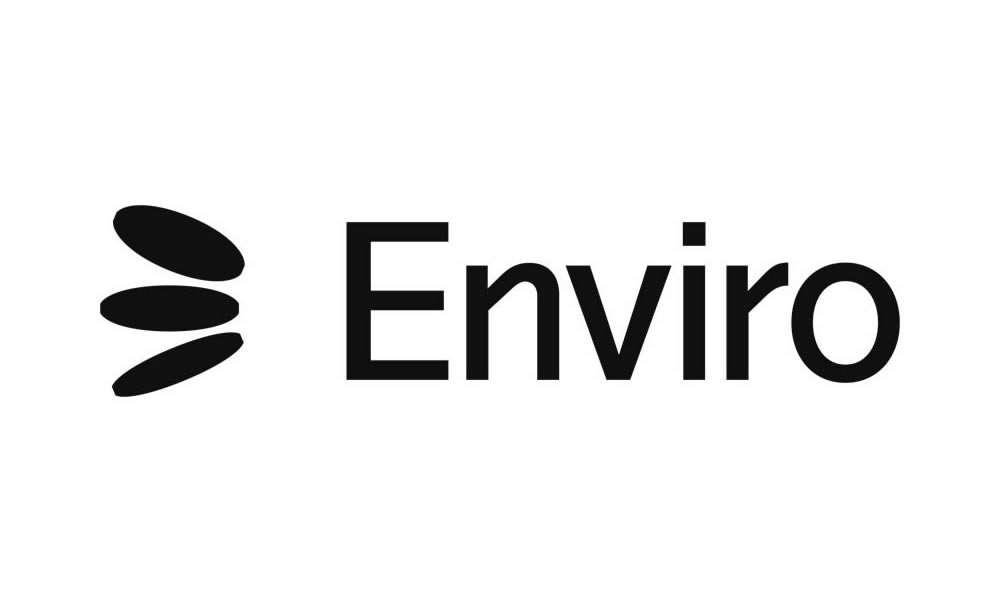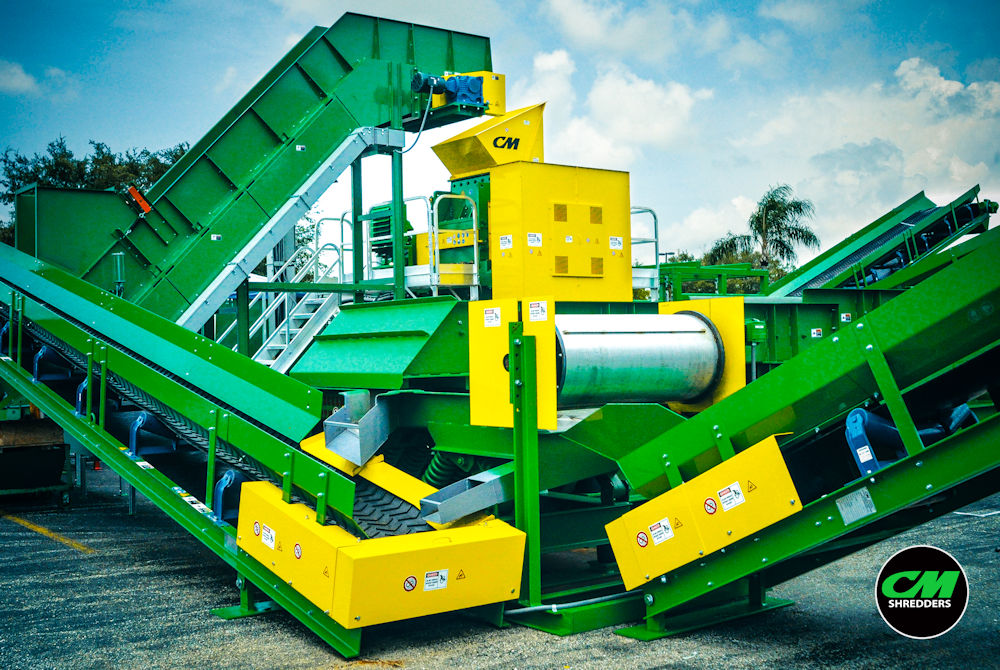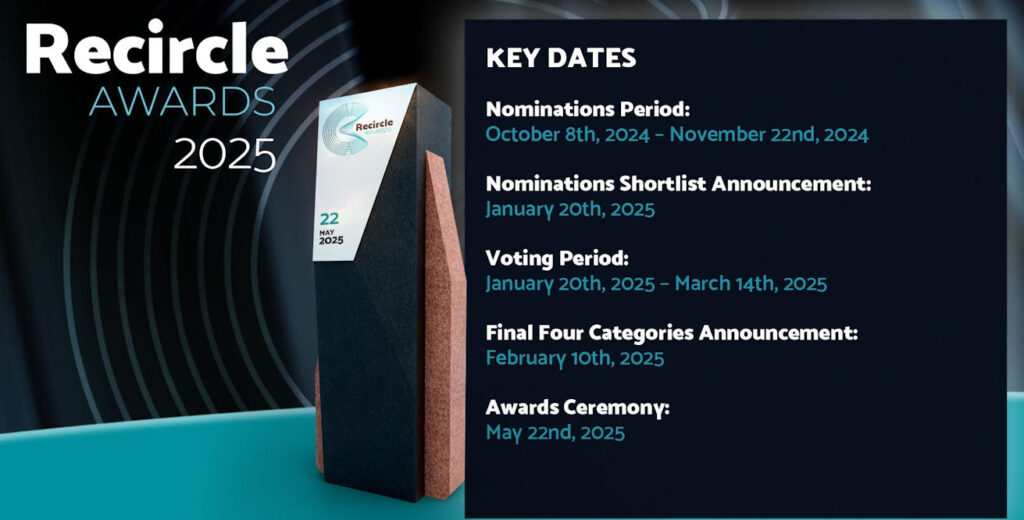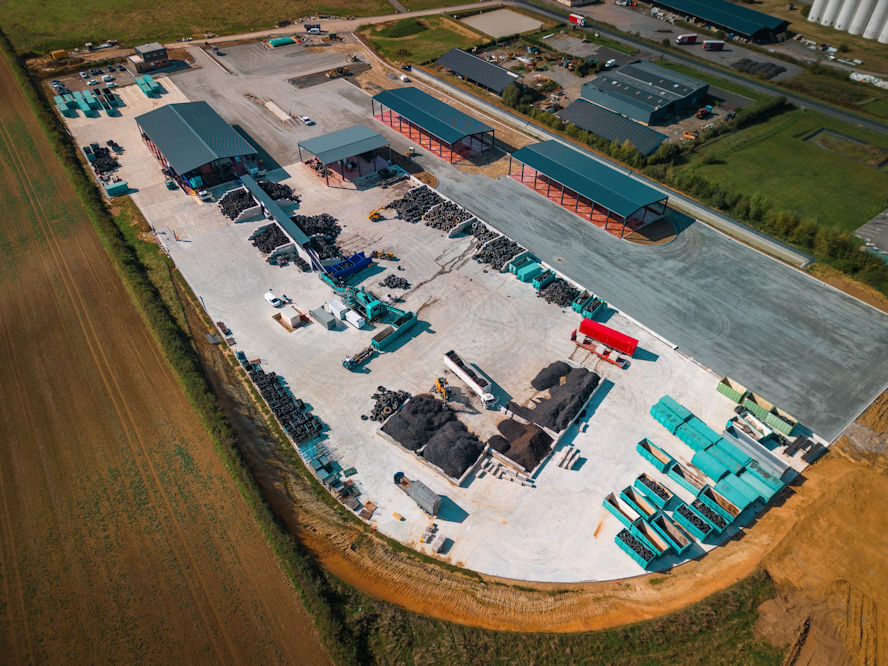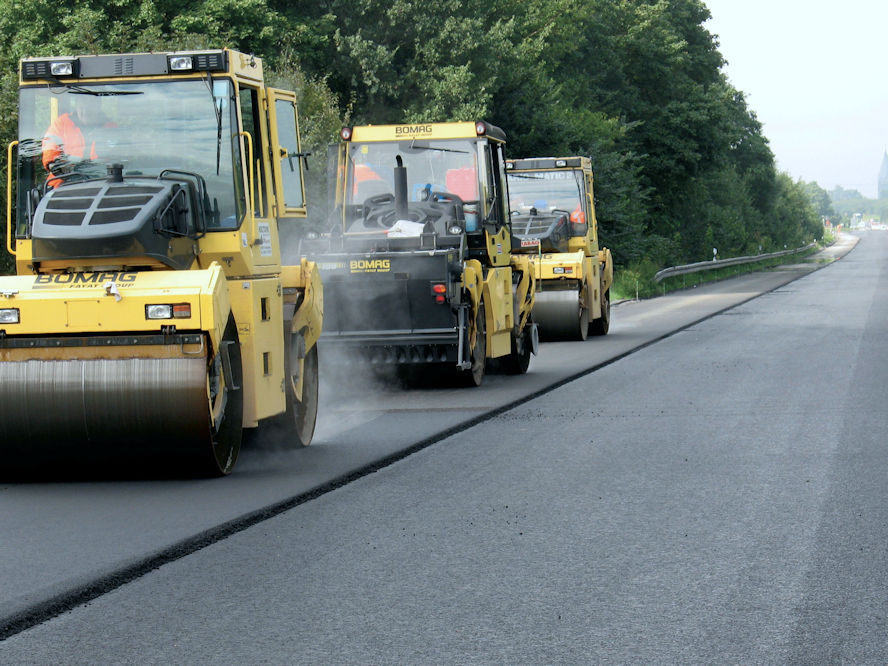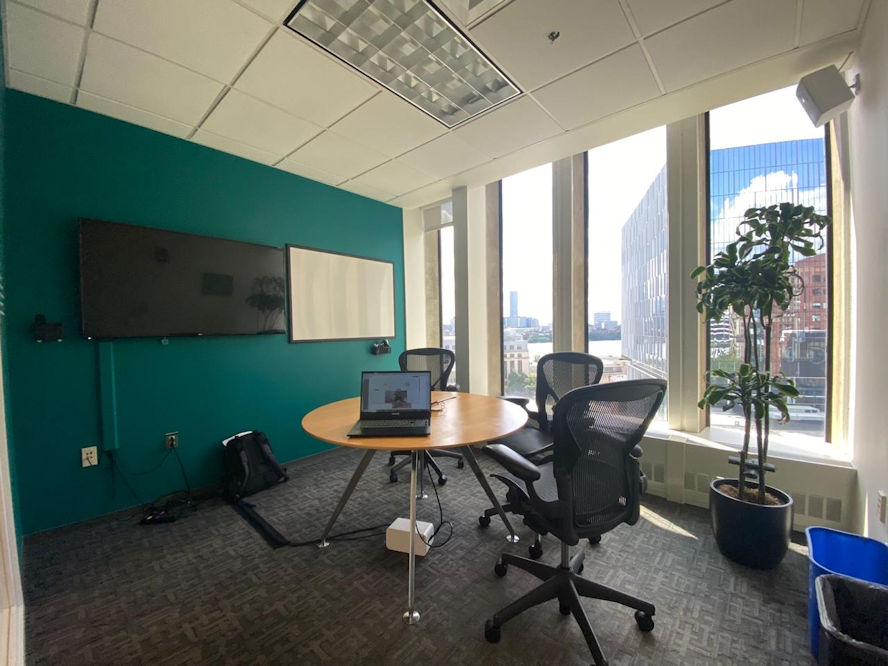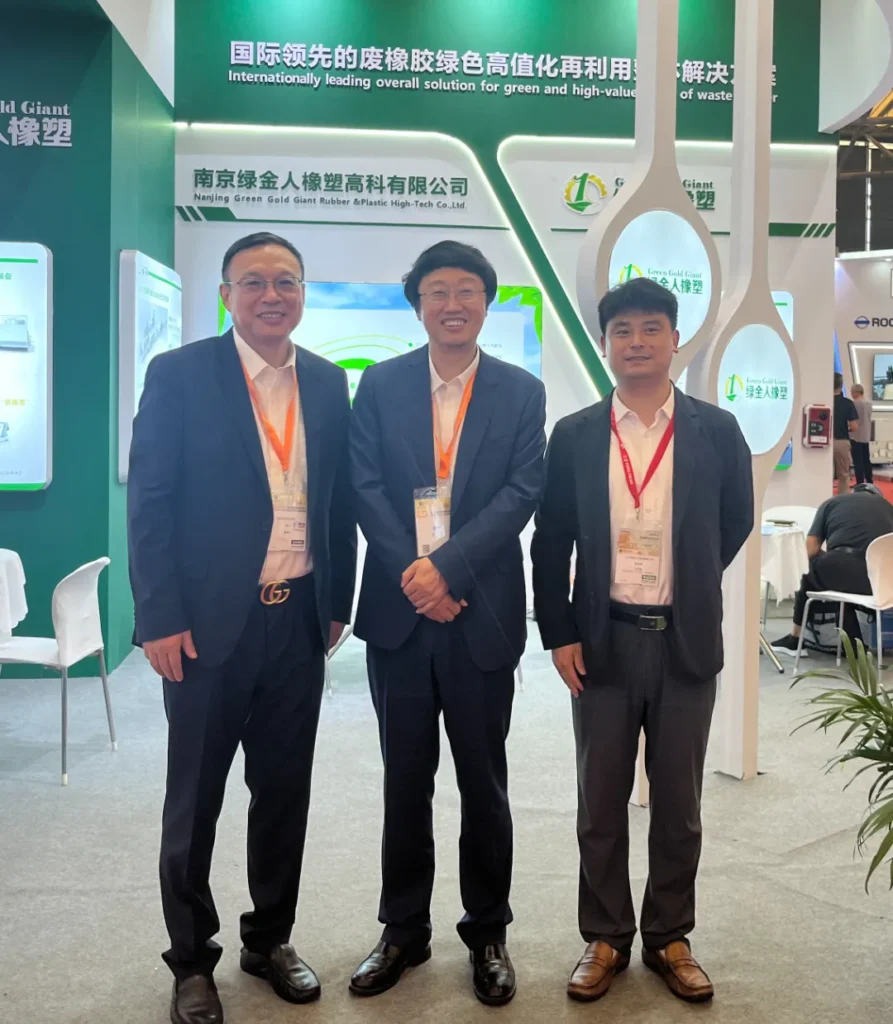The Birla state-of-the-art plant will provide specialty products for the coatings and inks markets from India
Birla Carbon, has announced the launch of its first Asia Post Treatment (APT) Plant in India. The brownfield initiative is located at the Patalganga unit, in the state of Maharashtra, Indiahttps://en.wikipedia.org/wiki/Maharashtra. This cutting-edge facility, equipped with the latest treatment technology, is set to revolutionize the carbon black industry by offering the highest levels of flexibility, efficiency, and precision. The plant will serve the fast-growing demand for high-performance carbon black grades in key industries like coatings and inks.
Sharing his thoughts on the launch, Rajeev Sonthalia, Director, Birla Carbon, said; “The launch of the Asia Post-Treatment Plant at Patalganga marks a significant milestone in Birla Carbon’s journey toward creating and deploying cutting-edge technology solutions for our customers. Asia is an emerging market for the carbon black industry and the strategic location of this plant will encourage innovation with our partners.” He further added, “This brownfield facility will enable Birla Carbon to leverage its global reactor capabilities, operating at the highest yields and efficiency. The precision in the manufacturing technology ensures that our products meet the highest standards of quality and performance, catering to the specific needs of our diverse customers, both regionally and globally. And by doing so, we enrich the lives of our consumers and inspire trust with our partners.”
The Asia Post Treatment Plant facility’s advanced technology ensures precise control over reaction times, facilitating the production of ultra-high-performance grades that are tailored to specific customer needs. With its ability to meet stringent clean product standards, the APT facility offers a distinct advantage over traditional products, positioning Birla Carbon as a market leader in delivering sustainable, high-quality solutions.
Sharing his thoughts on this new milestone, John Loudermilk, President and Chief Executive Officer, Birla Carbon, said; “The launch of our Asia Post Treatment Plant reflects our long-term commitment towards the industry and the businesses we serve. This facility enables us to support our customers more effectively while reinforcing Birla Carbon’s position as a thought leader in developing sustainable, high-performance carbon-based solutions for the future.” He further added; “This treatment facility strengthens our commitment to meeting global demand in high-growth sectors and leading the carbon black industry towards greater sustainability and efficiency. By prioritising innovation and sustainability in every aspect of our operations, we are not just responding to current needs; we are anticipating future demand and setting new standards for quality, reliability, and environmental responsibility. Thus, living our purpose to ‘Share the Strength’”.
In addition to its broader range of applications, including packaging inks and automotive and industrial coatings, the ATP facility is strategically designed to tap into niche markets such as toys and tool coatings, where the demand for low PAH products is rapidly growing.
Tthe plant provides key advantages such as proximity to emerging Asian markets. It serves as a key backup to Birla Carbon’s North Bend facility in the USA.

